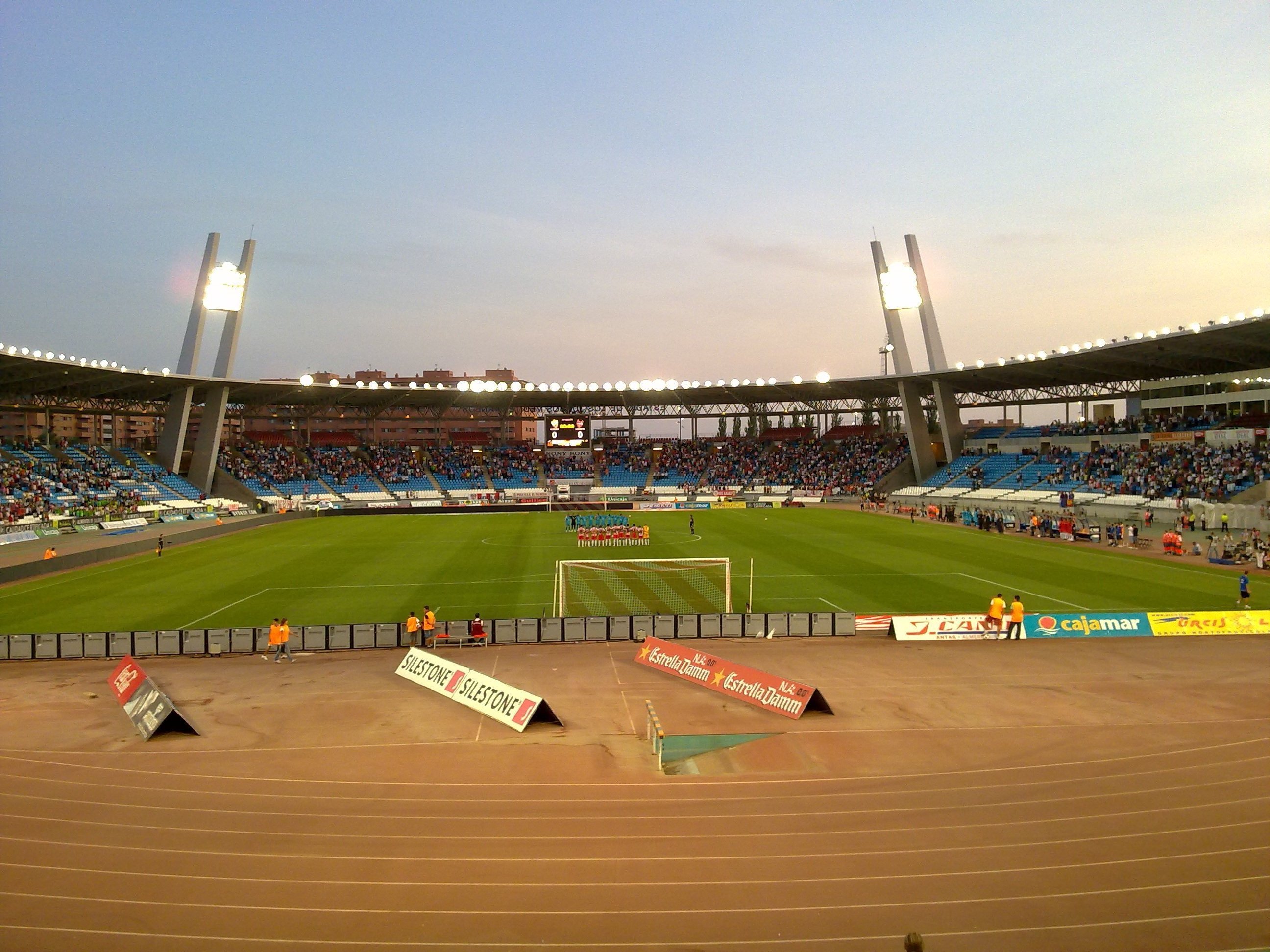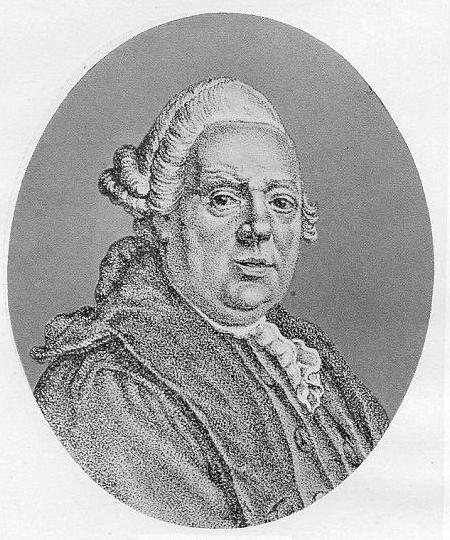|
Poem Of Almería
The ''Poem of Almería'' () is a medieval Latin epic poem in 385 leonine hexameters. It was appended to the end of the '' Chronica Adefonsi imperatoris'', an account of the reign of Alfonso VII of León and Castile, and narrates the victorious military campaign of 1147 that culminated in the conquest of the port of Almería. The poem, as it survives, is unfinished, abruptly ending mid-line before recounting the actual siege of Almería itself. Of its surviving lines, 293 consist of "''dénombrement épique'', a stirring roll-call of the chief members and contingents of the army".Barton 2006, 458–59. The ''Poem'' has aroused interest among scholars and critics for the light it may shed on the origins and development of vernacular epic (the '' cantares de gesta'') and on the nature of Iberian aristocratic and military customs. It has been described as "a relict of incomparable interest for the cultural archaeology of the twelfth century" and "a splendid reflection of its time a ... [...More Info...] [...Related Items...] OR: [Wikipedia] [Google] [Baidu] |
Medieval Latin
Medieval Latin was the form of Literary Latin used in Roman Catholic Church, Roman Catholic Western Europe during the Middle Ages. It was also the administrative language in the former Western Roman Empire, Roman Provinces of Mauretania, Numidia (Roman province), Numidia and Africa (Roman province), Africa Proconsularis under the Vandals, the Exarchate of Africa, Byzantines and the Kingdom of Altava, Romano-Berber Kingdoms, until it declined after the Arab conquest of North Africa, Arab Conquest. Medieval Latin in Southern and Central Visigothic Kingdom, Visigothic Hispania, conquered by the Arabs immediately after North Africa, experienced a similar fate, only recovering its importance after the Reconquista by the Northern Christian Kingdoms. In this region it served as the primary written language, though local languages were also written to varying degrees. Latin functioned as the main medium of scholarly exchange, as the liturgical language of the Roman Catholic Church, Churc ... [...More Info...] [...Related Items...] OR: [Wikipedia] [Google] [Baidu] |
Epic Poem
In poetry, an epic is a lengthy narrative poem typically about the extraordinary deeds of extraordinary characters who, in dealings with gods or other superhuman forces, gave shape to the mortal universe for their descendants. With regard to oral tradition, epic poems consist of formal speech and are usually learnt word for word, and are contrasted with narratives that consist of everyday speech where the performer has the license to recontextualize the story to a particular audience, often to a younger generation. Influential epics that have shaped Western literature and culture include Homer's ''Iliad'' and ''Odyssey''; Virgil's ''Aeneid''; and the anonymous ''Beowulf'' and ''Epic of Gilgamesh''. The genre has inspired the adjective '' epic'' as well as derivative works in other mediums (such as epic films) that evoke or emulate the characteristics of epics. Etymology The English word ''epic'' comes from Latin , which itself comes from the Ancient Greek adjective () ... [...More Info...] [...Related Items...] OR: [Wikipedia] [Google] [Baidu] |
Leonine Verse
Leonine verse is a type of versification based on an internal rhyme between a word within the line before a caesura and a word at the end, and commonly used in Latin verse of the European Middle Ages. The proliferation of such conscious rhymes, uncommon in Classical Latin poetry, is traditionally attributed to a probably apocryphal monk Leonius, who is supposed to be the author of a history of the Old Testament (''Historia Sacra'') preserved in the Bibliothèque Nationale of Paris. It is possible that this Leonius is the same person as Leoninus, a Benedictine musician of the twelfth century, in which case he would not have been the original proliferator of the form. In English Leonine verse is sometimes referred to disparagingly as "jangling verse", for example by 19th-century antiquaries and classical purists, who considered it absurd, coarse, and a corruption of and offensive to the high ideals of classical literature. William Shakespeare used it in a drunken song sung by C ... [...More Info...] [...Related Items...] OR: [Wikipedia] [Google] [Baidu] |
Hexameter
Hexameter is a metrical line of verses consisting of six feet (a "foot" here is the pulse, or major accent, of words in an English line of poetry; in Greek as well as in Latin a "foot" is not an accent, but describes various combinations of syllables). It was the standard epic metre in classical Greek and Latin literature, such as in the ''Iliad'', '' Odyssey'' and ''Aeneid''. Its use in other genres of composition include Horace's satires, Ovid's '' Metamorphoses,'' and the Hymns of Orpheus. According to Greek mythology, hexameter was invented by Phemonoe, daughter of Apollo and the first Pythia of Delphi. __TOC__ Classical hexameter In classical hexameter, the six feet follow these rules: * A foot can be made up of two long syllables a spondee; or a long and two short syllables, a dactyl * The first four feet can contain either one of them. * The fifth is almost always a dactyl, and last must be a spondee / trochee (together forming an adonic). Exceptions can o ... [...More Info...] [...Related Items...] OR: [Wikipedia] [Google] [Baidu] |
Alfonso VII Of León And Castile
Alfonso VII (1 March 110521 August 1157), called the Emperor (''el Emperador''), became the King of Galicia in 1111 and King of León and Castile in 1126. Alfonso, born Alfonso Raimúndez, first used the title Emperor of All Spain, alongside his mother Urraca, once she vested him with the direct rule of Toledo in 1116. Alfonso later held another investiture in 1135 in a grand ceremony reasserting his claims to the imperial title. He was the son of Urraca of León and Raymond of Burgundy, the first of the House of Ivrea to rule in the Iberian Peninsula. Alfonso was a dignified and somewhat enigmatic figure. His rule was characterised by the renewed supremacy of the western kingdoms of Christian Iberia over the eastern (Navarre and Aragón) after the reign of Alfonso the Battler. Though he sought to make the imperial title meaningful in practice to both Christian and Muslim populations, his hegemonic intentions never saw fruition. During his tenure, Portugal became ''de facto'' ... [...More Info...] [...Related Items...] OR: [Wikipedia] [Google] [Baidu] |
Siege Of Almería (1147)
The siege of Almería by the Kingdom of León and Castile and its allies lasted from July until October 1147. The siege was successful and the Almoravid garrison surrendered. The besieging force was under the overall command of King Alfonso VII. He was supported by forces from Navarre under their king, Catalonia under the count of Barcelona and Genoa, which provided most of the naval force. The city of Almería, known in Arabic as ''al-Mariyya'', reached its zenith under the Almoravids in the latter half of the eleventh century and the first half of the twelfth. This period of commercial and cultural richness was cut short by the conquest of 1147. Large sections of the city were physically destroyed and most prominent residents emigrated to North Africa. Sources There are two major Latin narrative sources of the campaign of Almería: Caffaro di Rustico's ''De captione Almerie et Tortuose'' from the Genoese perspective and the anonymous '' Chronica Adefonsi imperatoris'' from ... [...More Info...] [...Related Items...] OR: [Wikipedia] [Google] [Baidu] |
Almería
Almería (, , ) is a city and municipalities in Spain, municipality of Spain, located in Andalusia. It is the capital of the province of Almería, province of the same name. It lies in southeastern Iberian Peninsula, Iberia on the Mediterranean Sea. Caliph Abd al-Rahman III founded the city in 955. The city grew wealthy during the Islamic era, becoming a world city throughout the 11th and 12th centuries. It enjoyed an active port that traded Almerían silk, silk, oil, and raisins. Being adjacent to a small desert, Almería has an exceptionally dry climate by European standards. Etymology The name "Almería" comes from the city's former Arabic name, ''Madīnat al-Mariyya'', meaning "city of the watchtower". As the settlement was originally the port or coastal suburb of Pechina, it was initially known as ''Mariyyat al-Bajjāna'' (''Bajjāna'' being the Arabic name for Pechina). History The origin of Almería is connected to the 9th-century establishment of the so-called Republic ... [...More Info...] [...Related Items...] OR: [Wikipedia] [Google] [Baidu] |
Cantares De Gesta
A ''cantar de gesta'' is a genre of medieval Spanish poetry, analogous to the ''chanson de geste'' in Old French. ''Cantares de gesta'' incorporate aspects of epic poetry. The most important ''cantares de gesta'' of Castile were: * The ''Cantar de Mio Cid'', where the triumph of the true nobility, founded on effort, merit and optimism is narrated, as opposed to the blood nobility that the fictitious characters Infantes of Carrión represent. * The ''Poema de Fernán González'', which presents a mix of history and legend concerning the first Count of Castile This is a list of counts of Castile. The County of Castile had its origin in a fortified march on the eastern frontier of the Kingdom of Asturias. The earliest counts were not hereditary, being appointed as representatives of the Asturian king. F ..., Fernán González. * The '' Cantar de los Siete Infantes de Lara'', where a right revenge long delayed is narrated. * The '' Cantar de Bernardo del Carpio'', that narrates th ... [...More Info...] [...Related Items...] OR: [Wikipedia] [Google] [Baidu] |
Parallelism (rhetoric)
Parallelism (or thought rhyme) is a rhetorical device that compounds words or phrases that have equivalent meanings so as to create a definite pattern. This structure is particularly effective when "specifying or enumerating pairs or series of like things".Corbett and Connors, 1999. p. 46 A scheme of balance, parallelism represents "one of the basic principles of grammar and rhetoric".Corbett and Connors, 1999. p. 45 Parallelism as a rhetorical device is used in many languages and cultures around the world in poetry, epics, songs, written prose and speech, from the folk level to the professional. An entire issue of the journal ''Oral Tradition'' has been devoted to articles on parallelism in languages from all over. It is very often found in Biblical poetry and in proverbs in general. Examples The following sentences and verses possess "similarity in structure" in words and phrases: In the quote above, the compounded adjectives serve as parallel elements and support the noun "la ... [...More Info...] [...Related Items...] OR: [Wikipedia] [Google] [Baidu] |
Hebrew Bible
The Hebrew Bible or Tanakh (;"Tanach" . '' Random House Webster's Unabridged Dictionary''. ; ; or ), also known in Hebrew as (; ), is the canonical collection of scriptures, comprising the Torah (the five Books of Moses), the Nevi'im (the Books of the Prophets), and the [...More Info...] [...Related Items...] OR: [Wikipedia] [Google] [Baidu] |
Classical Latin
Classical Latin is the form of Literary Latin recognized as a Literary language, literary standard language, standard by writers of the late Roman Republic and early Roman Empire. It formed parallel to Vulgar Latin around 75 BC out of Old Latin, and developed by the 3rd century AD into Late Latin. In some later periods, the former was regarded as good or proper Latin; the latter as debased, degenerate, or corrupted. The word ''Latin'' is now understood by default to mean "Classical Latin"; for example, modern Latin textbooks almost exclusively teach Classical Latin. Cicero and his contemporaries of the late republic referred to the Latin language, in contrast to other languages such as Greek, as or . They distinguished the common vernacular, however, as Vulgar Latin (''sermo vulgaris'' and ''sermo vulgi''), in contrast to the higher register (sociolinguistics), register that they called , sometimes translated as "Latinity". ''Latinitas'' was also called ("speech of the good fa ... [...More Info...] [...Related Items...] OR: [Wikipedia] [Google] [Baidu] |



